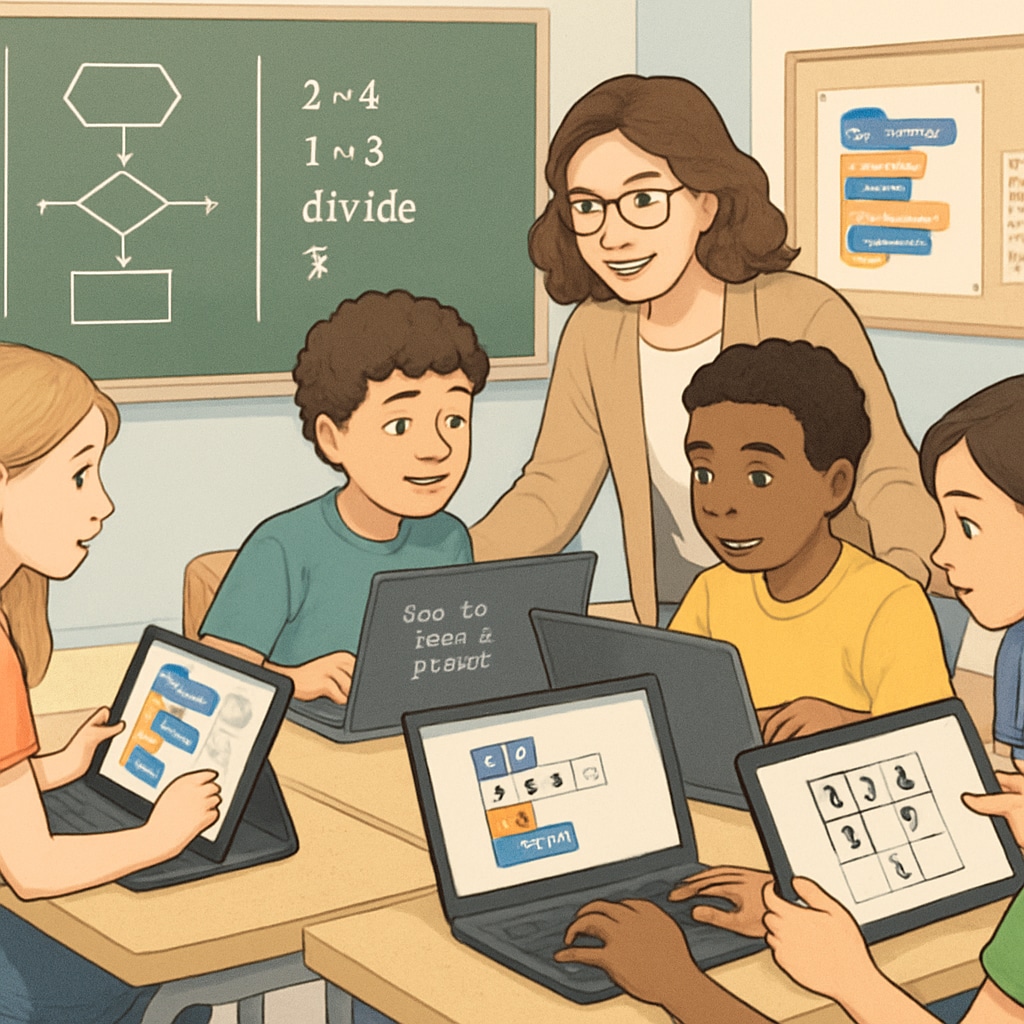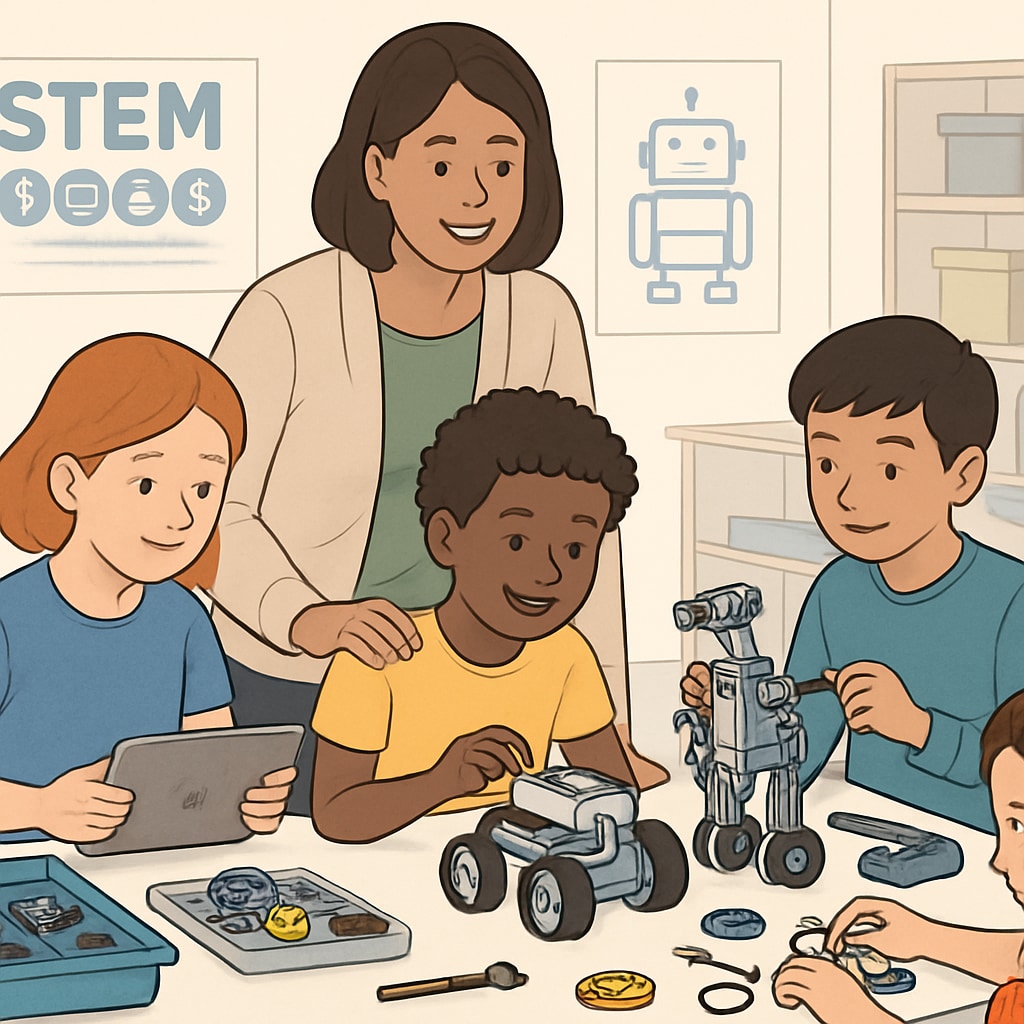Artificial intelligence (AI) is rapidly transforming industries, challenging the value of traditional higher education, and reshaping future career prospects. As automation replaces routine tasks, the demand for specialized skills is growing, forcing educators and parents to rethink how to prepare children for the AI-driven economy. K12 education plays a vital role in nurturing adaptable, critical thinkers capable of thriving in this dynamic environment.
Why AI is a Game-Changer for Higher Education and Employment
AI’s impact on higher education and employment is undeniable. Many jobs that once required advanced degrees are now being automated, reducing the necessity for traditional qualifications. For example, AI-powered systems are replacing human roles in areas like data analysis, customer service, and even creative fields such as graphic design. As a result, students entering higher education must focus on skills that differentiate them from machines, such as creativity, emotional intelligence, and problem-solving.
Moreover, employers are increasingly prioritizing skills over credentials. According to Britannica, AI will continue to disrupt existing career paths while creating new opportunities in fields like machine learning, robotics, and ethical AI governance. This shift underscores the importance of preparing children early in their educational journey to adapt to evolving expectations.

How K12 Education Can Address AI Challenges
To equip children for the AI era, K12 education must focus on developing key competencies that machines cannot easily replicate. These include critical thinking, creativity, collaboration, and communication. Integrating STEM (Science, Technology, Engineering, and Mathematics) subjects and interdisciplinary approaches can help students build a strong foundation in technology while fostering adaptability and innovation.
In addition, schools should emphasize digital literacy and ethical AI practices. For example, teaching students about the responsible use of AI tools and understanding their societal impact will prepare them for future roles that require both technical expertise and ethical decision-making.
Key strategies to enhance K12 education in the AI era include:
- Introducing coding and computational thinking at an early age.
- Encouraging project-based learning to develop problem-solving skills.
- Promoting collaboration through group activities and discussions.
- Providing exposure to emerging technologies such as robotics and AI applications.

Parents’ Role in Guiding Career Planning
Parents play a crucial role in helping children navigate the uncertainties of future careers. By fostering curiosity and resilience, parents can encourage their children to explore diverse interests and develop lifelong learning habits. Additionally, parents should stay informed about industry trends and emerging opportunities to guide their children toward future-proof career paths.
For example, careers in AI ethics, cybersecurity, and data science are expected to grow as technology evolves. Parents can support their children by exposing them to resources like online courses, workshops, and mentorship programs in these areas. Platforms such as Wikipedia provide valuable insights into educational strategies and tools that align with modern demands.
Ultimately, preparing children for the AI era requires a collaborative effort between schools, parents, and communities. By emphasizing adaptability, creativity, and ethical awareness, K12 education can set the stage for successful futures in an AI-driven world.
Readability guidance: Use short paragraphs and a structured approach with subheadings. Incorporate lists to summarize key points and ensure clarity. Balance technical terms with accessible language for broader readability.


